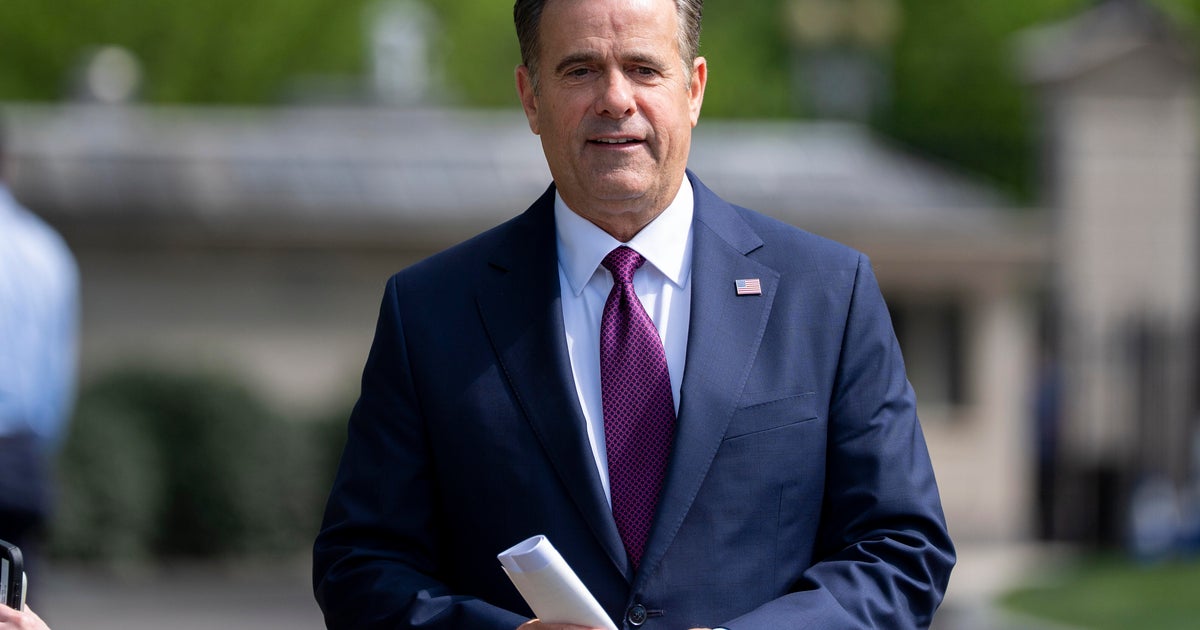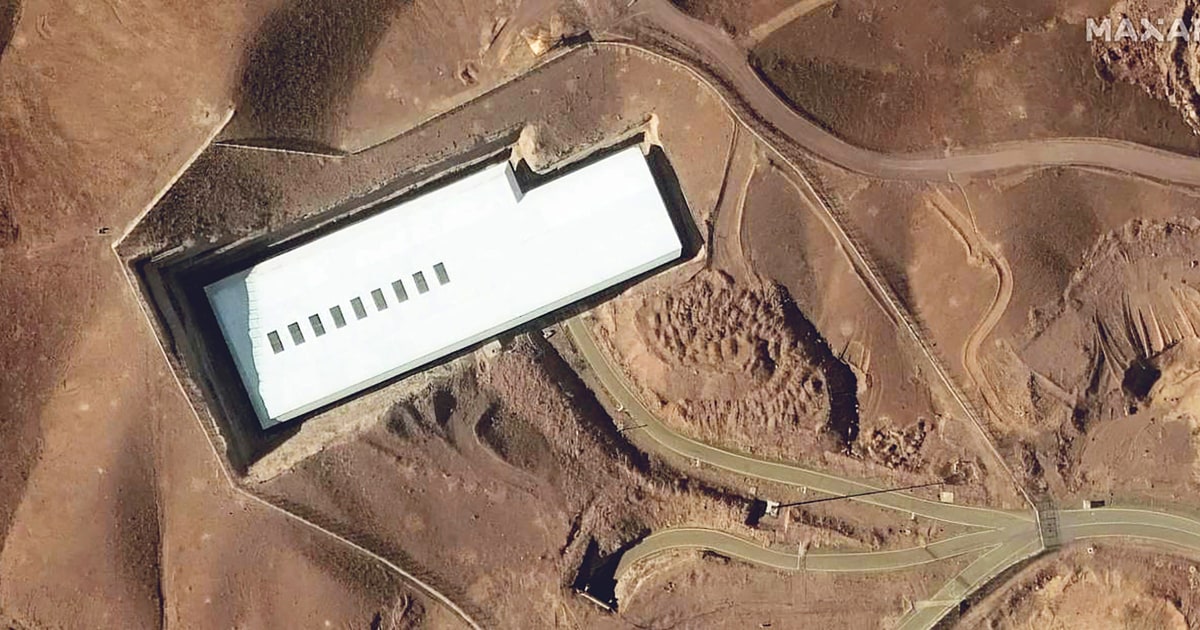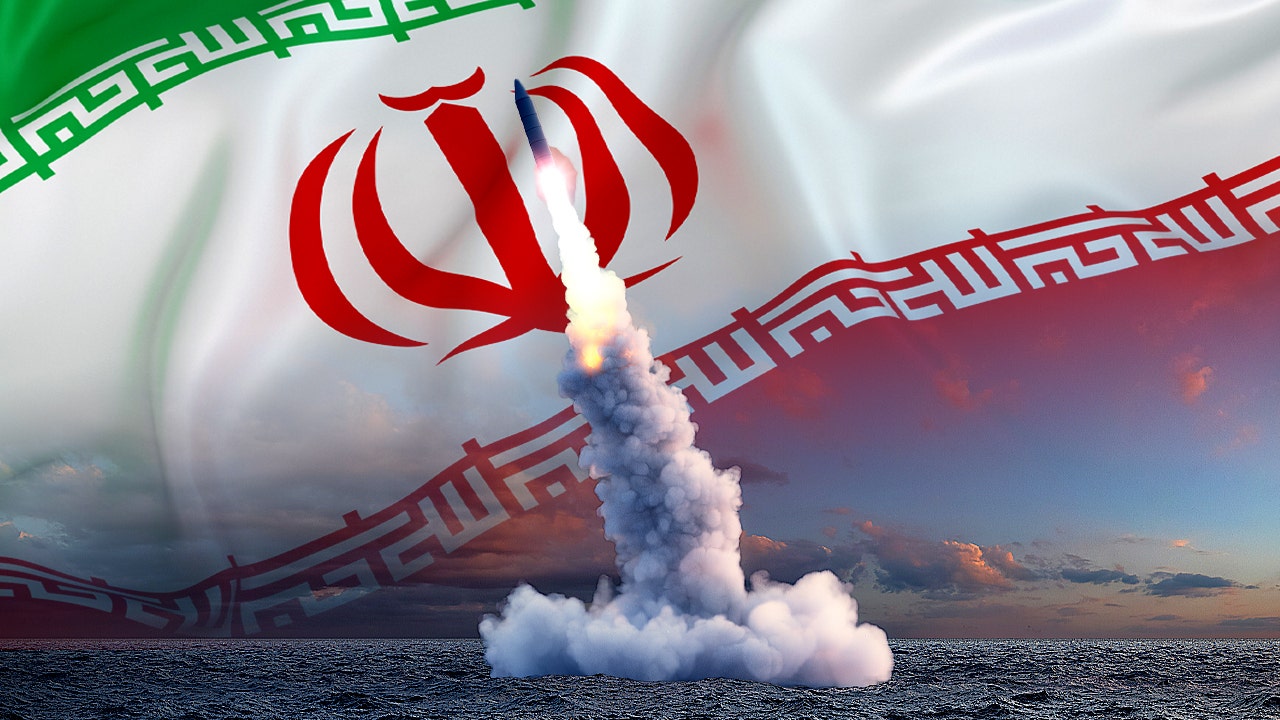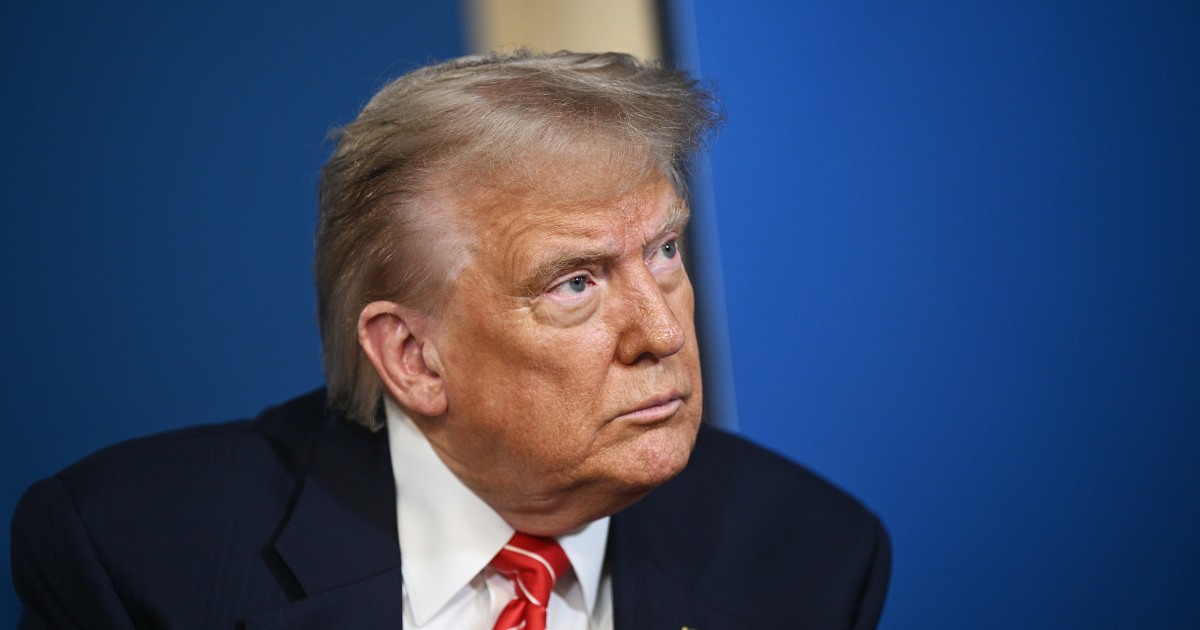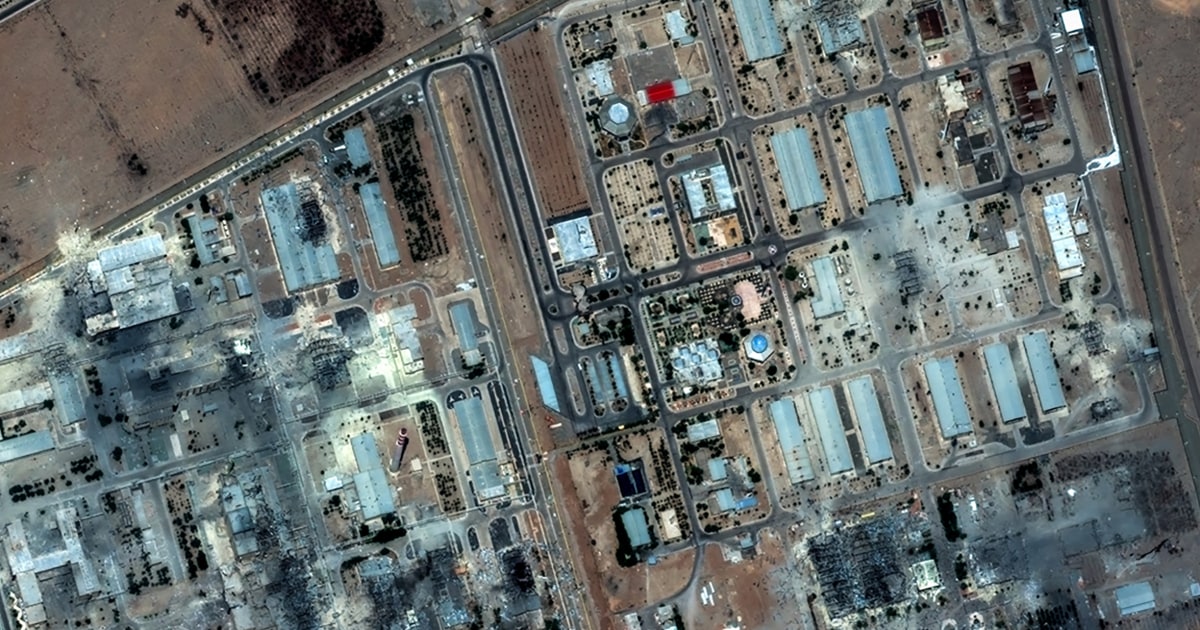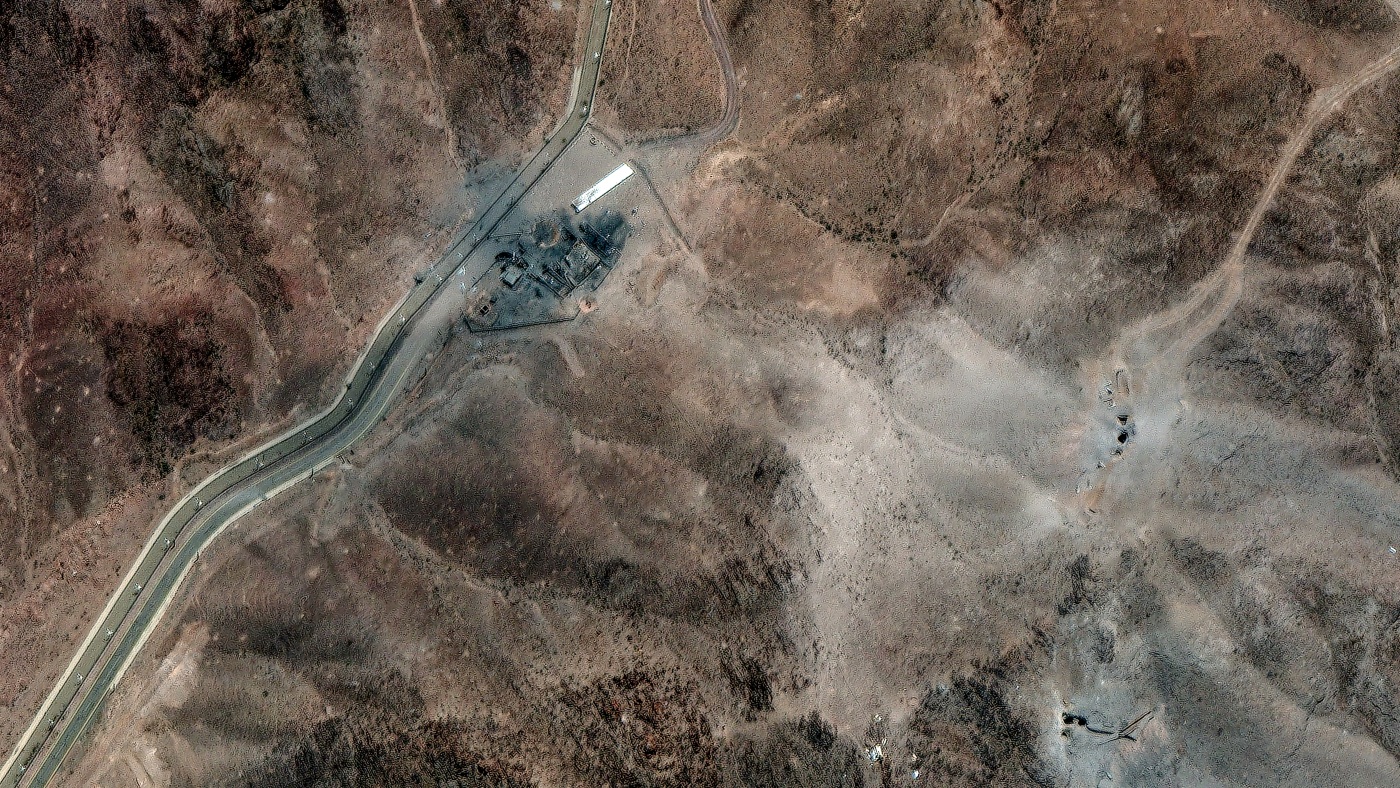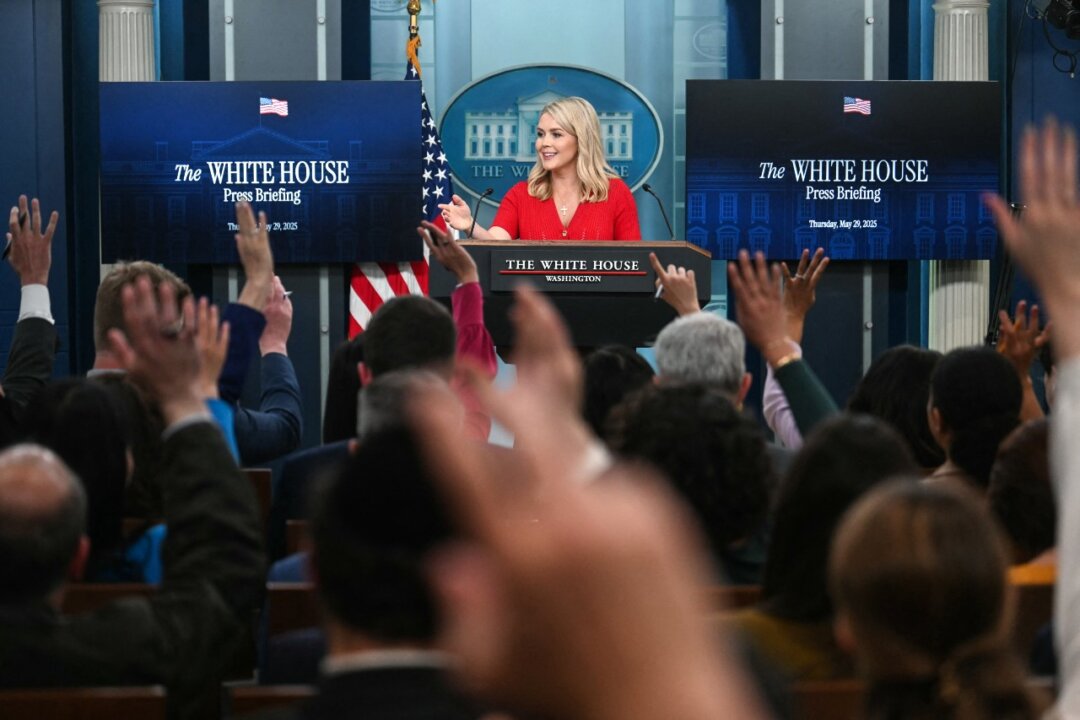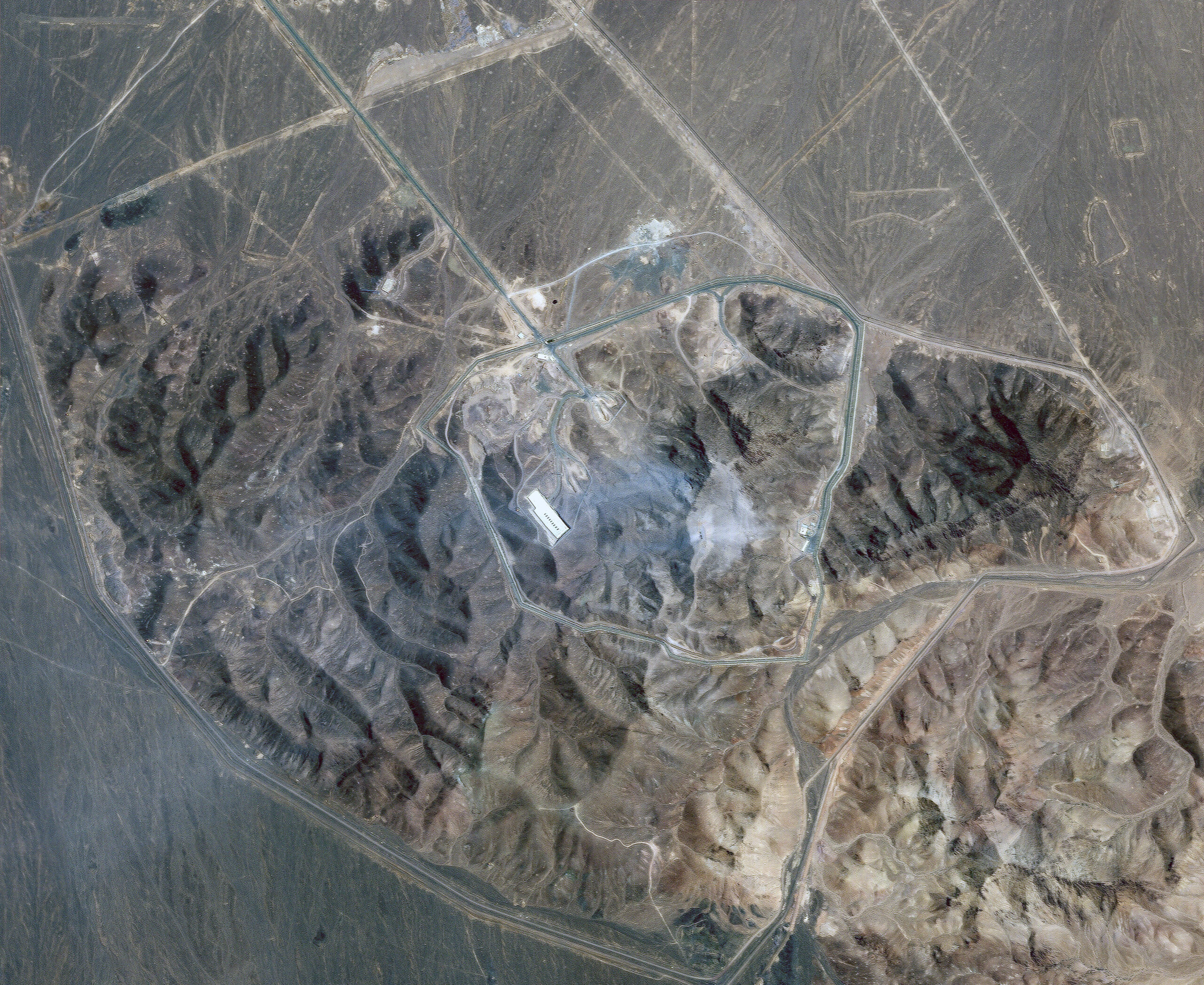US Strikes on Iran's Nuclear Facilities: Damage Assessment and Political Reactions
Recent US strikes on Iran's nuclear facilities have caused significant damage, but assessments reveal mixed outcomes and ongoing uncertainties regarding Iran's nuclear program.
Subscribe to unlock this story
We really don't like cutting you off, but you've reached your monthly limit. At just $5/month, subscriptions are how we keep this project going. Start your free 7-day trial today!
Get StartedHave an account? Sign in
Overview
- U.S. intelligence reports indicate significant damage to Iran's nuclear facilities, with some assessments suggesting a delay of only a few months in Iran's nuclear program.
- Pentagon leaders reaffirmed the effectiveness of the strikes, highlighting extensive research and preparation behind the bombing mission.
- CIA Director John Ratcliffe confirmed severe damage, while the Pentagon acknowledged gaps in information and low confidence in their assessments.
- The International Atomic Energy Agency reported missing enriched uranium in Iran, raising concerns about the fate of significant quantities.
- President Trump and top officials continue to reject intelligence assessments, asserting that the U.S. has effectively destroyed Iran's nuclear capabilities.
Report issue

Read both sides in 5 minutes each day
Analysis
Center-leaning sources frame the U.S. attacks on Iran's nuclear facilities as significant yet controversial, emphasizing the Pentagon's narrative of destruction and strategic planning. They exhibit skepticism towards initial assessments, highlighting a defensive stance against media criticism while portraying the strikes as a necessary measure against nuclear threats.
Articles (63)
Center (24)
FAQ
The US strikes targeted multiple Iranian nuclear facilities including the Fordow Fuel Enrichment Plant and Natanz nuclear site, causing severe damage but not complete destruction, with some facilities like Arak remaining undamaged.
US and Israeli officials have described the strikes as causing monumental and severe damage, setting back Iran's nuclear program by years, and rendering key facilities inoperable, though some intelligence assessments suggest only a delay of a few months.
Intelligence assessments have shown moderate to severe damage with low confidence and have acknowledged gaps in information, while some US officials, including President Trump, have rejected these assessments claiming the sites were obliterated, highlighting conflicting views on the extent of damage.
The IAEA reported that enriched uranium is missing from Iran's nuclear sites after the strikes, raising concerns about the fate and possible diversion of significant quantities of nuclear material.
Iranian officials have acknowledged that their nuclear installations have been badly damaged but have not confirmed the complete destruction of their nuclear program, indicating significant impact but maintaining some level of operational capability.
History
- 4M

 7 articles
7 articles
- 4M

 7 articles
7 articles
- 4M

 9 articles
9 articles
- 4M

 13 articles
13 articles
- 4M

 4 articles
4 articles
- 4M

 7 articles
7 articles














